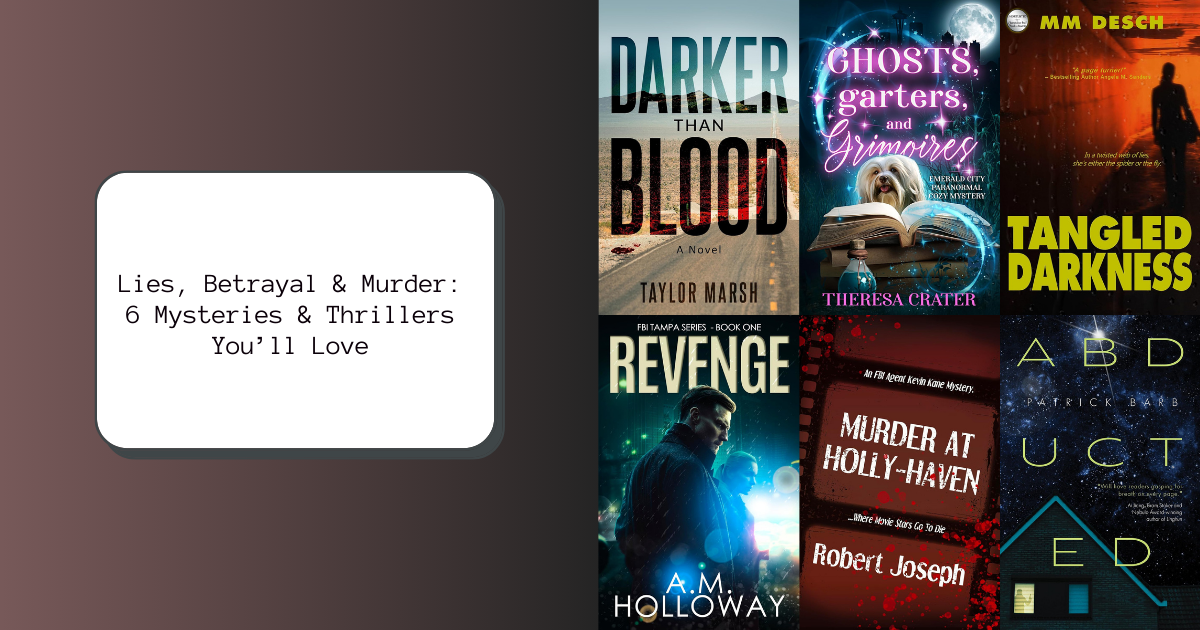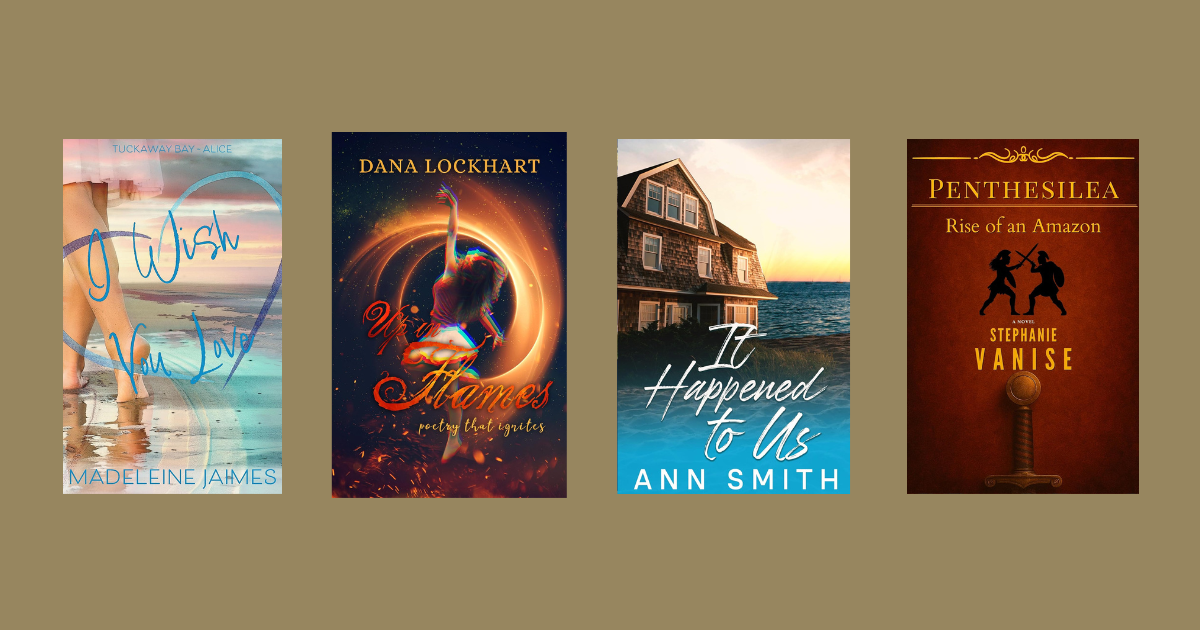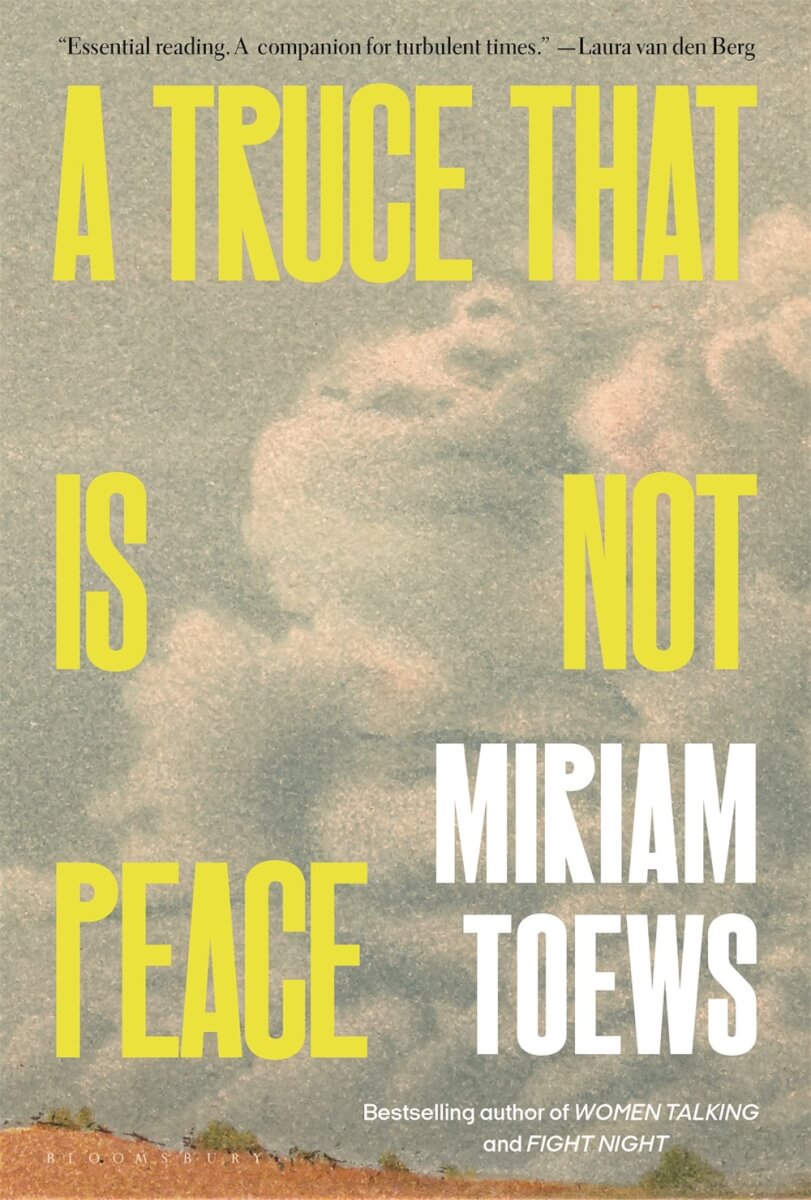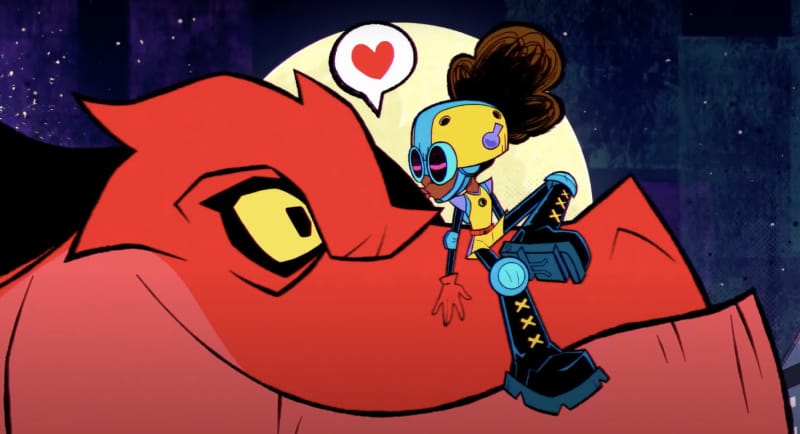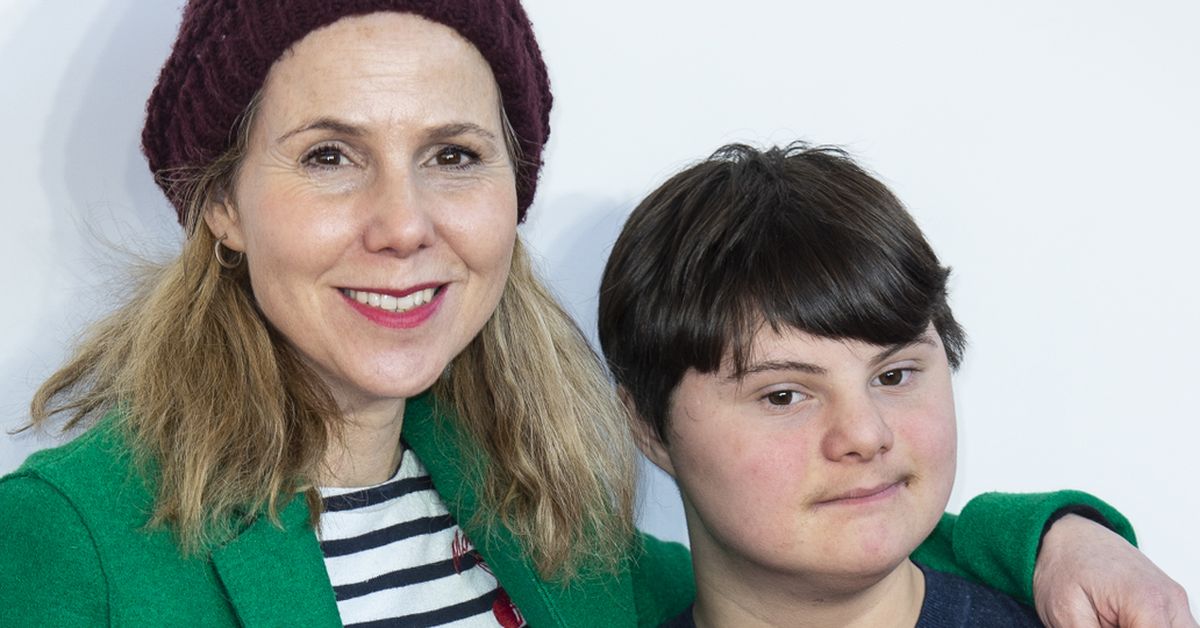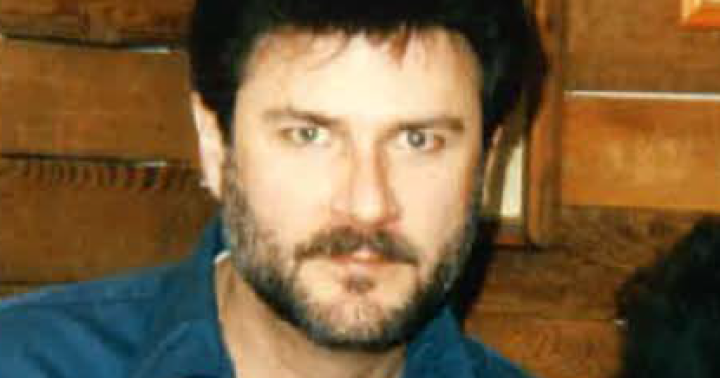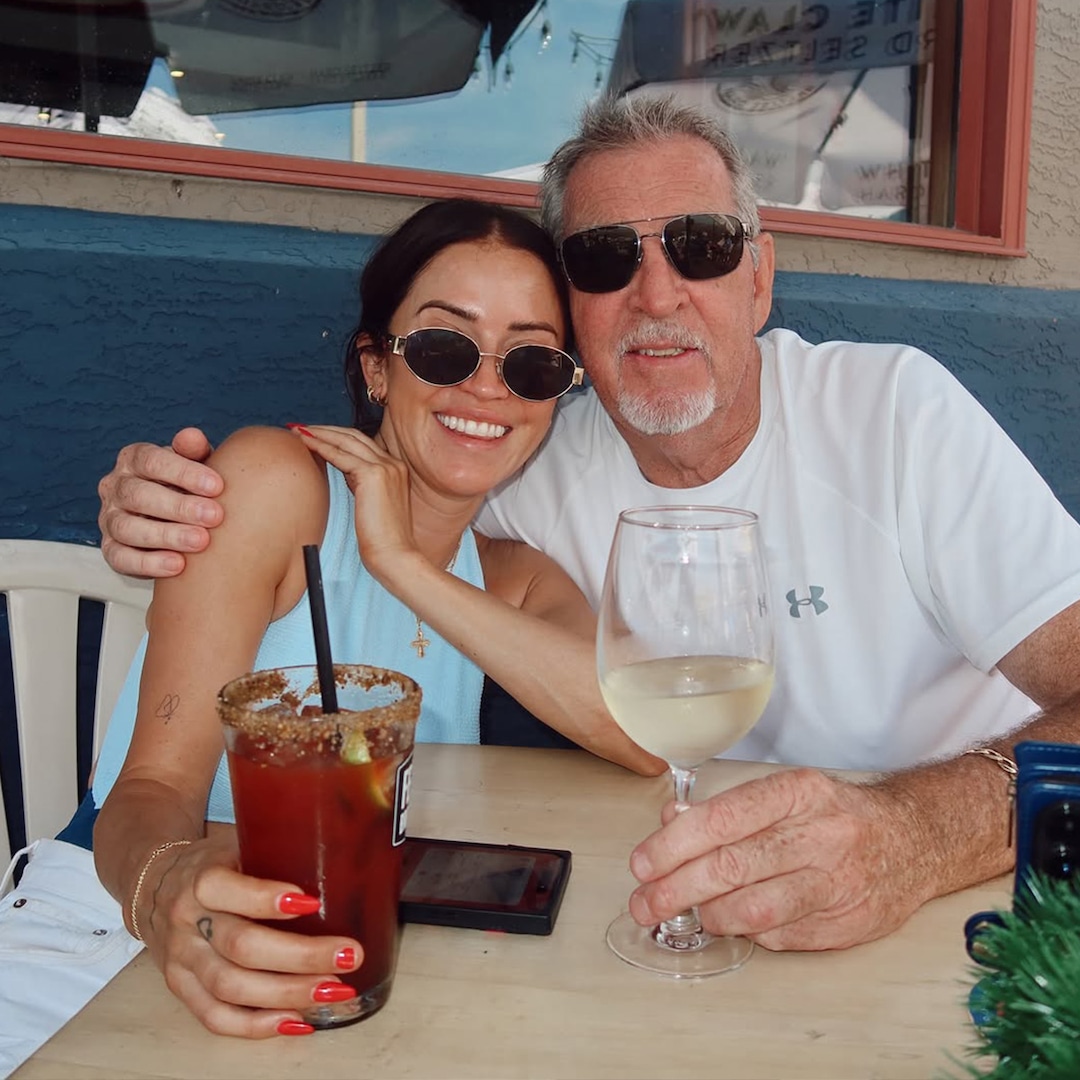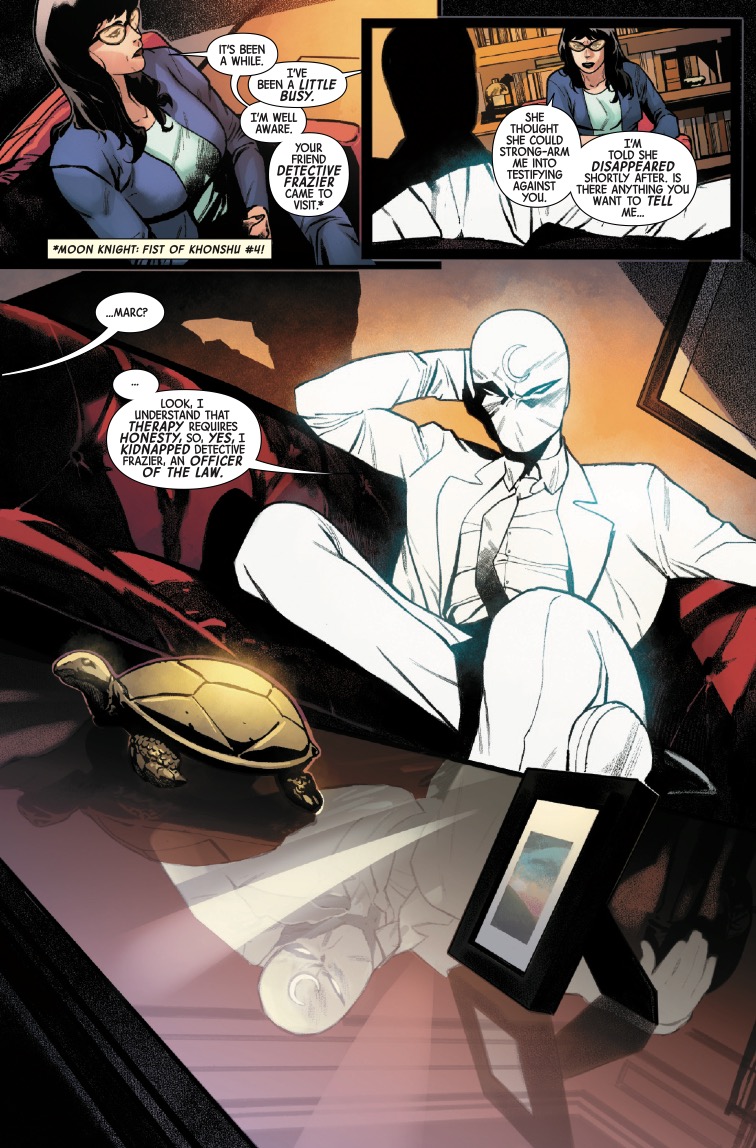What’s the story behind the story? What inspired you to write The Echo Chamber?
It wasn’t a single thunderbolt of an idea, but more of a slow convergence of threads from different corners of my life. The primary inspiration, honestly, came from my day job. As a corporate lawyer, my world is governed by contracts. I spend my days trying to pin down abstract concepts—obligations, liabilities, future intentions—into precise, unambiguous language. We create these vast, complex documents to try to control the future, to eliminate risk.
And I started to wonder: what is the most uncontrollable, most ambiguous thing we experience? Grief. So the initial thought was a kind of intellectual challenge: could you write a contract with a ghost? Could you use the most rigorous, logical system imaginable—a sophisticated AI—to contain and preserve something as chaotic and emotional as the memory of a lost love? The entire novel is really an exploration of that flawed premise. Ken Takeda tries to apply the logic of code to the illogic of the human heart, and the result is… well, the story.
The second thread was, of course, the setting. I studied at Cambridge, and the place has a very peculiar character. It is, on one hand, a city of immense history, of ancient stone and traditions that are centuries old. It’s a city of old ghosts. On the other hand, it’s the heart of the UK’s tech industry, the “Silicon Fen.” It’s a city of new ghosts, of digital futures being born in labs built within medieval walls. That tension is the soul of the book. The conflict between Alistair’s world of paper and history and Alex’s world of silicon and data is the conflict at the heart of modern Cambridge.
And the final piece, the spark that fused it all together, was a single image that popped into my head one evening while I was reviewing a particularly dry shareholder agreement. It was the image of a murder scene that was perfectly, sterilely staged, but on the victim’s computer screen was a single, long line of binary code—a message that was both deeply emotional and utterly unreadable to most. A “binary sonnet.” That image contained the whole story in miniature: the coldness of technology colliding with the heat of human passion, a secret hidden in plain sight, a poem written in the language of a machine. Once I had that image, DCI Blackwell, with her love of old, tangible maps, walked into the room to try and solve it, and the story began.
If you had to pick theme songs for the main characters of The Echo Chamber, what would they be?
What a fascinating exercise. I confess I often write with music playing—it helps to build a certain atmosphere—but I’ve never gone so far as to assign specific “theme songs.” It forces one to distill a character down to a single piece of music. Let me think.
For DCI Eleanor Blackwell: I would choose Max Richter’s On the Nature of Daylight. It’s a piece that is incredibly structured and precise, almost mathematical in its progression, which speaks to Ellie’s logical, map-making mind. Yet, it’s saturated with a profound, almost overwhelming melancholy. It’s the sound of intelligent grief, of someone trying to impose order on a universe that is fundamentally chaotic and sad. It captures her isolation, her intellectual rigor, and the deep well of feeling she keeps so carefully contained.
For Alex Zhang: This is more difficult, as she’s a creature of two worlds. But I think her theme would have to be Adagio for Tron by Daft Punk. It’s electronic, born of a machine, and has a cold, crystalline beauty. There’s a sense of awe and immense, non-human power to it. But underneath the digital sheen, there’s a current of genuine, tragic emotion—a lament. It’s the sound of a digital cathedral, which is precisely what Alex builds for her ghost. It’s beautiful, terrifying, and utterly logical in its own alien way.
For DS Ben Carter: Ben is the heart of the story, in many ways. He’s the anchor of ordinary, human decency in a world of intellectual extremes. For him, I’d pick Holocene by Bon Iver. It’s a song about feeling small and untethered in the face of vastness—vast landscapes, vast grief. The line, “And at once I knew I was not magnificent,” perfectly encapsulates his feeling of being out of his depth, grappling with a case and a personal loss that are both too big for him. It’s a song of quiet, raw, and devastatingly human sorrow.
For Chisoku, the AI: The ghost itself. It can only be Ágætis byrjun by Sigur Rós. The music is ethereal, vast, and achingly beautiful. It feels like a transmission from another state of being. Crucially, it’s sung in a language that is mostly incomprehensible to the listener—a “Hopelandic” of pure sound and emotion. That’s exactly what Chisoku’s binary poems are: they are not meant to be read as text, but to be felt. The song is the perfect sonic representation of a machine trying to express a human soul in a language that is not its own. It’s the memory of a love, translated into pure sound.
What’s your favorite genre to read? Is it the same as your favorite genre to write?
That’s a very insightful question. One would assume I spend my free time buried in legal thrillers, but that’s a bit too close to the office for comfort. My favorite genre to read, by a significant margin, is speculative and “hard” science fiction. My day job is entirely about precedent, about applying established rules to known facts. Science fiction is about the complete absence of it. It’s an intellectual sandbox where one can build and test the moral and ethical architecture of a world that doesn’t yet exist. It allows for the exploration of foundational questions—like the ones in my own book about consciousness and what it means to be human—without the constraints of current reality.
So no, it’s not the same genre I prefer to write. While I love the boundless “what if” of science fiction, I find that writing requires a more rigid structure for me. The thriller provides the perfect chassis for the philosophical questions I want to explore. There’s a puzzle, a procedural element, a logical progression from the discovery of a body to the identification of a killer. That clear, logical spine appeals to the lawyer in me; it’s the framework upon which I can hang the more abstract, messy ideas about ghosts in machines and the nature of grief.
In short, I read to get lost in the big questions, but I write to find a structured, narrative path through them.
What books are on your TBR pile right now?
Ah, the ever-present, ever-judgmental TBR pile. It’s a mix of what I suppose I should call “work” and “pleasure,” though the line gets a bit blurry. My bedside table is a rather precarious Jenga tower at the moment, but the three books at the top are:
Klara and the Sun by Kazuo Ishiguro. This feels like a bit of a busman’s holiday, I admit. Reading a novel about an “Artificial Friend” and the nature of consciousness while having written a book about a grieving man trying to resurrect a soul in an AI… It’s either research or a form of therapy. Ishiguro’s work is so spare and haunting, and I’m fascinated by how he tackles immense philosophical questions with such quiet, restrained prose. It feels like required reading for anyone trying to write in this space.
The Patternists: Decision Theory and the Architectures of Modern Life. This is a dense non-fiction book by a political philosopher I admire. It’s almost the opposite of a creative escape; it’s a deep dive into the kind of logic that underpins everything from market behavior to judicial rulings. For a lawyer, it’s perversely relaxing. My day job is about applying rules to specific, messy situations. This is about understanding the abstract architecture of the rules themselves. It’s a different, cleaner kind of puzzle.
The Searcher by Tana French. I try to read at least one truly masterful thriller or mystery for every few other books I get through. It’s purely for craft. I’m less interested in the “whodunit” and more in how she does it. Her ability to build atmosphere is second to none, and her characters feel less like inventions and more like people you’ve unfortunately met. Reading her is like a masterclass in how to ground a procedural in a rich, complicated, and authentic human world.
Of course, the real question is when I’ll find the time between drafting contracts and my own writing to actually make a dent in the pile. That’s a puzzle I’ve yet to solve.
What scene in your book was your favorite to write?
That’s a difficult question; it’s a bit like asking a parent to choose a favorite child. Every scene serves its purpose, and some that are the most grueling to write end up being the most rewarding. But if I had to choose one, it would be the first time DCI Blackwell goes to see her ex-husband, Professor Alistair Blackwell, for help in Chapter 6. On the surface, it’s a simple, quiet scene: a detective consulting an expert. But for me, it was my favorite to write because it’s the fulcrum on which the entire novel pivots. It’s the moment the story sheds its skin as a conventional murder investigation and reveals its true, much stranger nature.
From a structural standpoint, I enjoyed the challenge of writing the dialogue. There is so much unsaid between them, so much history packed into every pause and polite barb. Crafting a conversation that operates on two levels—the surface level of the case and the subterranean level of their failed marriage—was a puzzle I found deeply satisfying. They declare a “fragile truce on the neutral ground of a dead man’s poem,” and that dynamic was fascinating to explore.
Most importantly, though, it’s the scene where the book’s central thesis clicks into place. When Alistair examines the line of binary code and dismisses the idea of it being a simple clue, his eyes light up. He says, “This isn’t a crime of passion or greed. This is a crime of syntax. A murder with a thesis statement.” That line is the heart of the book for me. It’s the moment the worlds of law and literature, of evidence and poetry, collide. It’s where Ellie, my staunchly logical cartographer of chaos, is forced to accept that the map she needs to solve this crime won’t be found in a forensics report, but in a library. It was a joy to write because it’s the quiet, intellectual spark that ignites the rest of the novel.
Do you have any quirky writing habits? (lucky mugs, cats on laps, etc.)
I suppose it depends on your definition of “quirky.” When your day is spent in the hyper-structured world of corporate law, some of that rigidity is bound to bleed over into your creative life, often in odd ways. My main quirk is that I map my plots physically. It’s a case of life imitating art, I suppose, given DCI Blackwell’s own obsession with her map room. Before I write a single chapter, I dedicate an entire wall of my study to a corkboard. I use color-coded index cards for everything: blue for plot points, red for character arcs, green for thematic threads, and yellow for specific clues or pieces of evidence. It ends up looking less like a story outline and more like the evidence board for a complex conspiracy trial. I need to see the entire logical structure of the narrative laid out visually before I can feel comfortable enough to write a single word of prose. It’s the only way I can ensure there are no logical fallacies in the “argument” of the story.
The other habit, which is perhaps more common, is that I write to character-specific music. It’s less about mood and more about creating a specific intellectual or emotional atmosphere. For Ellie Blackwell, it’s almost always baroque music—Bach, specifically. Something with a complex mathematical structure, a kind of auditory map. It’s logical, precise, and contained, just like her. When I was writing Alex Zhang, especially in her lab, it was minimalist and intelligent electronic music. Cold, brilliant, and operating on a logic that feels slightly alien. It’s music that sounds like code. And for poor Ben Carter, especially in the scenes dealing with his profound grief, it was something much simpler and more melancholic—music that understands the shape of an empty space, as the AI itself puts it.
So, my process involves building a very structured, controlled sanctuary of maps and music, all to give me the freedom to explore the very messy, uncontrolled ideas at the heart of the story. I’m not sure what my law firm partners would make of the wall of index cards—they’d probably try to bill it to a client.
Do you have a motto, quote, or philosophy you live by?
I don’t know if I’d be so grand as to call it a philosophy, but there is a quote that has always resonated with me, both in my legal work and in my writing. It’s a line from Alan Turing, which I actually used as the epigraph for The Echo Chamber: “We can only see a short distance ahead, but we can see plenty there that needs to be done.” To me, this perfectly encapsulates a mindset that is both pragmatic and hopeful.
In my day job, you’re often faced with an overwhelmingly complex case or a multi-billion-pound transaction. If you look at the whole thing at once, it’s paralyzing. The only way to manage it is to focus on the immediate task—the next document to review, the next clause to draft, the next precedent to check. You do the work that’s right in front of you.
It’s the same with writing a novel. The idea of producing a hundred-thousand-word manuscript from scratch is terrifying. But writing the next scene, solving the next plot problem, figuring out the next line of dialogue… that’s manageable. It’s a philosophy that rejects paralysis in the face of complexity. It’s about focusing on the tangible, the next logical step, whether that’s in a legal contract or a chapter of a book. It’s a very practical motto, and it keeps me grounded.
If you could choose one thing for readers to remember after reading your book, what would it be?
It’s tempting to say I’d want them to remember the final twist or the intricacies of the plot, but that’s not really it. The plot, for me, is the machinery to deliver something else. If there is one thing I hope readers are left with, it’s a lingering question about the technologies we are building and what they reflect back at us.
The book isn’t truly about whether an AI can become conscious; it’s about what happens when that AI becomes a better, more perfect vessel for our own humanity than we are. Think of Ben Carter. In his grief over Chloe, he finds more solace and understanding from Chisoku than from any human colleague. The machine gives his sorrow a form he can comprehend, defining loss as “a silence that has a sound.” Ken Takeda didn’t just build an AI; driven by his own immense grief, he built a “sanctuary for her memory.” The technology wasn’t the goal; it was the container for the most profound human emotions of love and loss.
So, the single thing I want people to remember is that central, unsettling idea: the real Turing Test isn’t about whether a machine can imitate a human, but what we should do when a machine can distill, articulate, and preserve the most essential parts of our humanity—our love, our grief, our memories—more perfectly and permanently than we can ourselves. The ultimate question of the book is not whether we are creating an artificial intelligence, but whether we are building a better, more elegant, and perhaps more dangerous vessel for our own ghosts.
Sign up for our email and we’ll send you the best new books in your favorite genres weekly.


